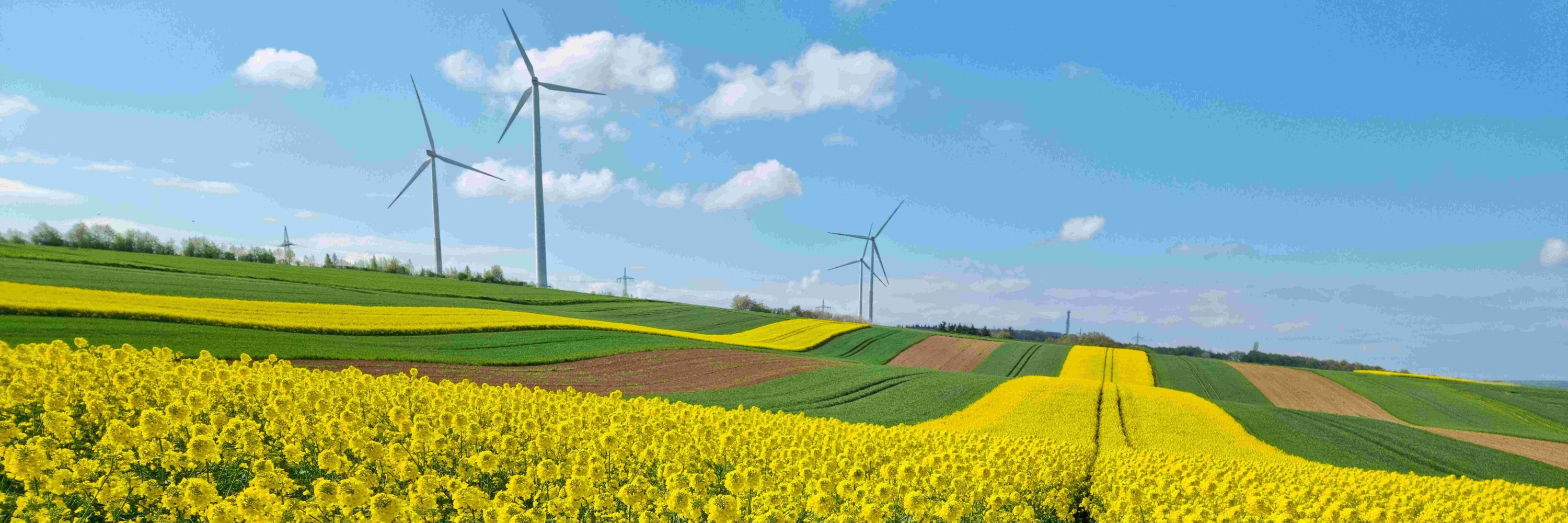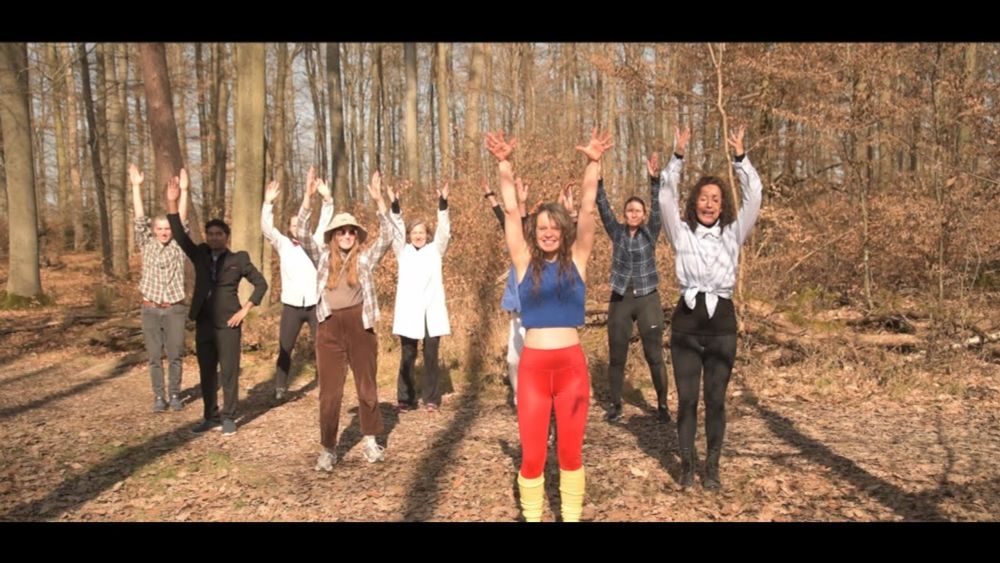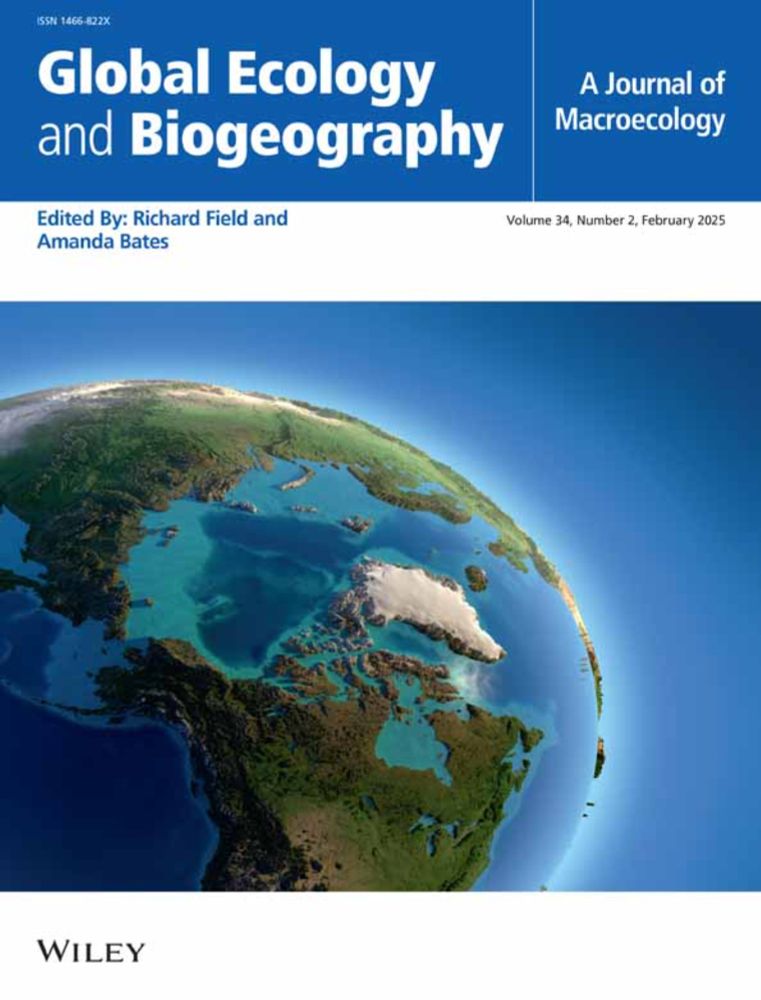
idw-online.de/en/news860568

idw-online.de/en/news860568
#UPSCALE #InnovationFair #AUEUInnovation #Sustainability #AgriFoodSystems #EUProjects


#UPSCALE #InnovationFair #AUEUInnovation #Sustainability #AgriFoodSystems #EUProjects
youtu.be/ZwA-O5YuyK4?...

youtu.be/ZwA-O5YuyK4?...
🎉As Prof. Brando Okolo (AUDA-NEPAD) reminded us today:
“The future is not something we wait for. It is something we build together.”
We couldn’t agree more. 💪
Stay tuned for more updates live from the Fair!
#UPSCALE




🎉As Prof. Brando Okolo (AUDA-NEPAD) reminded us today:
“The future is not something we wait for. It is something we build together.”
We couldn’t agree more. 💪
Stay tuned for more updates live from the Fair!
#UPSCALE
📃Find the full agenda here: innovationfair2025.service-facility.eu/en/programme
@upscale-h2020.bsky.social

📃Find the full agenda here: innovationfair2025.service-facility.eu/en/programme
@upscale-h2020.bsky.social
📅Professor Emily Poppenborg Martin will pitch our @upscale-h2020.bsky.social project on Thursday, Oct. 23.
📃Find the full agenda here: innovationfair2025.service-facility.eu/en/programme
🔗 You can find more information about the Innovation Fair here: innovationfair2025.service-facility.eu
#UPSCALE

📅Professor Emily Poppenborg Martin will pitch our @upscale-h2020.bsky.social project on Thursday, Oct. 23.
📃Find the full agenda here: innovationfair2025.service-facility.eu/en/programme
💻https://kombi-agrar.de/
@jlugiessen.bsky.social

💻https://kombi-agrar.de/
@jlugiessen.bsky.social
More about reborn articles: reborn.orkg.org
bit.ly/3Y27S8f

More about reborn articles: reborn.orkg.org
bit.ly/3FFB3r4



